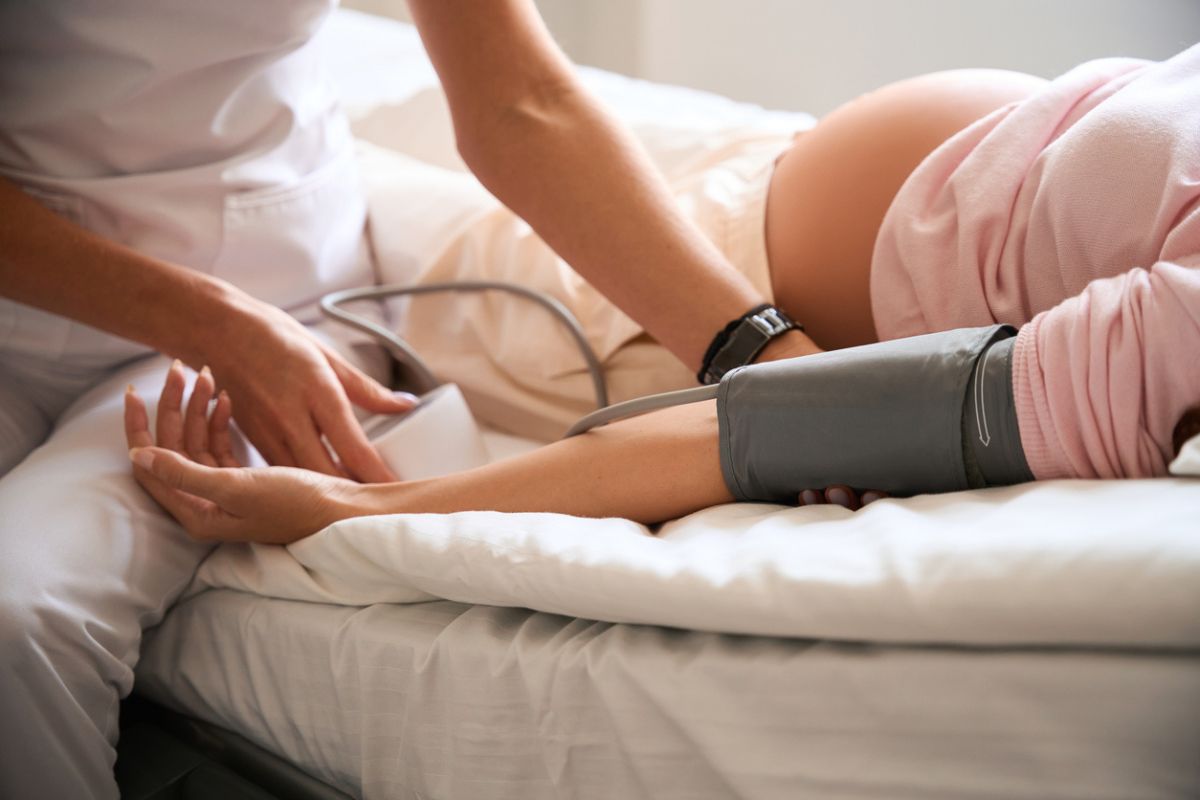A recent The Journal of Clinical Psychiatry study revealed that female veterans with post traumatic stress disorder (PTSD) are 67% more likely than male veterans to receive medications not on the recommended list for treating this condition.
The findings reveal a significant and unexpected gap in the treatment of mental health issues between women and men in the military.
Exploring the Discrepancies
To understand prescribing patterns for PTSD more completely, Veterans Health Administration (VA) researchers examined one year’s worth of prescribing patterns from the VA data, looking at the records of over 800,000 veterans no longer on active duty, 12 percent of which were women.
“In 2019, 15.8 percent of women veterans with PTSD were prescribed benzodiazepines compared to only 10.9 percent of men veterans with PTSD, despite guidelines recommending against their use due to both lack of evidence of effectiveness in treating PTSD and the risks outweighing the potential benefits,” the VA researchers wrote in their paper.
The discrepancy remained even after adjusting for various factors, including a bipolar disorder diagnosis, age, and previous psychiatric medication usage, they added.
Factors Influencing Prescriptions
There are several possible explanations for the substantial influence of gender on a provider’s prescribing decisions.
Healthcare providers can misinterpret women’s PTSD symptoms. Women don’t always experience PTSD the same way men do.
Additionally, the women in the study tended to be younger and were more likely to have a bipolar disorder diagnosis. They were also more likely to have multiple mental health issues compared to the men.
Earlier research supports the findings, regardless of the reasons.
For example, a Journal of General Internal Medicine review noted that women veterans saw a higher increase in SSRIs and SNRIs prescriptions than men over a 10 year period. The same study noted similar trends for atypical antipsychotics and non-benzodiazepine hypnotics.
Another recent study from the journal, Trauma Stress also found that women veterans with PTSD have historically been prescribed more psychiatric medications than men. They were more likely to receive medications like benzodiazepines and certain antidepressants over the decade the study’s data covered, despite guidelines advising against their use.
Insights and Takeaways
Of particular concern, the authors said, was the practice of off-label use to treat the women in the study.
When doctors prescribe a medication off-label, they believe it might help the patient even though the FDA hasn’t specifically approved it for that purpose.
Off-label prescribing is common in mental health care. However, the authors note that the study did not monitor the women carefully. They called for more oversight to ensure safety and effectiveness.
“The call for greater scrutiny in off-label medication use is clear, advocating for better regulatory measures to safeguard against the potential adverse effects of such practices,” the JCP authors wrote.
They stressed the need for tailored treatment strategies specifically designed for women in the military plus stricter guidelines to enhance the safety and efficacy of treatments.
They also want to see further studies to fully understand the gender-specific factors influencing PTSD treatment.
“To inform tailored intervention strategies, future work is needed to fully understand why women receive more medications recommended against use for PTSD,” the authors wrote.
Further Reading
FDA Rejects MDMA-Assisted PTSD Treatment
Assessing the Predictive Validity of Early Post-injury CAPS-5 for Later PTSD Diagnosis
The Long Road Toward Equitable MDMA Treatment in the United States




